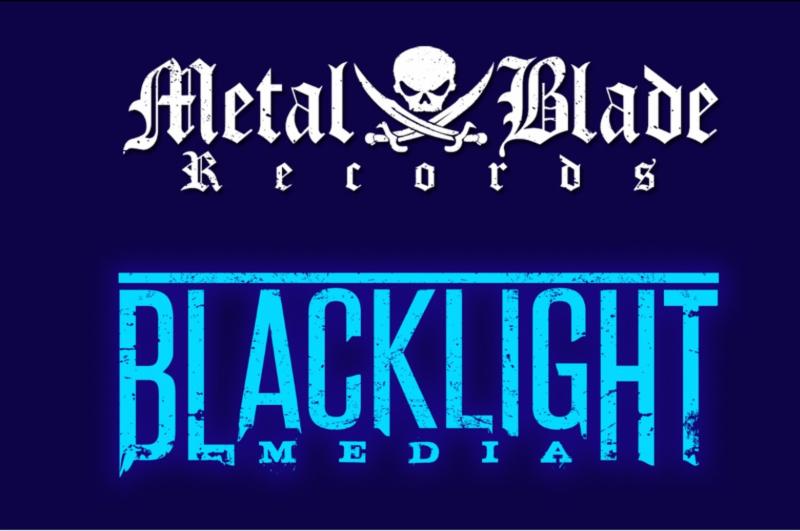Legacy Collections of Hank Williams, The Band, Emitt Rhodes
Photo by Greg Allen
Producer and label founder Cheryl Pawelski knew early that music was her passion. She was—and still is—an avid record collector, and after college landed a job at Milwaukee one-stop record store Radio Doctors. Ultimately, she moved to Los Angeles where she temped at Capitol Records. It was a matter of time until she impressed then A&R head Pete Welding with her knowledge of jazz and was offered a permanent position. In 2010 she and associates launched Omnivore Recordings, a label specializing in reissues. Five years later Pawelski won a Grammy for the Hank Williams collection The Garden Spot Programs, 1950.
“The historical catalog division is a different business now,” Pawelski says of the current industry and her decision to launch Omnivore. “We have a commitment to making really cool records. The stuff that we’ve done didn’t exist previously. We don’t simply do reissues. We do [a record] when there’s a compelling story or an interesting reason to do it. I fill in missing pages of an artist’s career. The Hank Williams record is a perfect example because nobody knew that he’d done those recordings, which were made without the Drifting Cowboys, his regular band.”
Each day the pool of potential reissues grows. This doesn’t make Pawelski’s choice of what to release an easy one. That’s where her background comes into play. “Artists, managers and attorneys have approached me since I worked in A&R,” she explains. “A lot of stuff gets pitched to me. Things I don’t get pitched I find because I know about them. I was aware there were gems like the Sid Selvidge record The Cold Of The Morning. That was something Sid released on his own. It was a beautiful record that I felt should be reissued.”
Legal issues complicate Pawelski’s job, since special licenses or permissions are required for a release. “We license material directly from artists, estates or labels,” she says. “With Bobby Rush’s four-CD boxed set. Some tracks were licensed from Bobby and others were licensed from [20] labels. Getting [licenses] depends on how busy people are. If there’s an artist consent issue and they don’t want a record released, you move on. But because we work closely with artists and estates, there isn’t much teeth-pulling.”
It is tempting to presume that reissues are a snap to compile. After all, the music already exists. But it’s never that simple. “There are records that have taken longer than 10 years to finish,” Pawelski observes. “The longest took 17. Rarely is it for any reason other than rights, legal or estate issues. Sometimes a label is bought in the middle of a deal.
“One of the most satisfying projects I worked on was The Band boxed set A Musical History,” she continues. “It took about 10 years to complete. It was a lot of fun to work closely with Robbie [Robertson] and Garth [Hudson] because they cared about the legacy. Similarly, last year I got to work with Wilco on their rarities boxed set and best-of. They’re truly wonderful people and it was exceptionally satisfying.”
When MC spoke with Pawelski in November 2015, Omnivore had three records set to drop the same month. This included a Big Star 10-inch in advance of the band’s boxed set slated for 2016. Also on the horizon is Rainbow Ends by singer/songwriter Emitt Rhodes, his first record in more than 40 years.
Contact Cary Baker / Conqueroo; omnivorerecordings.com












